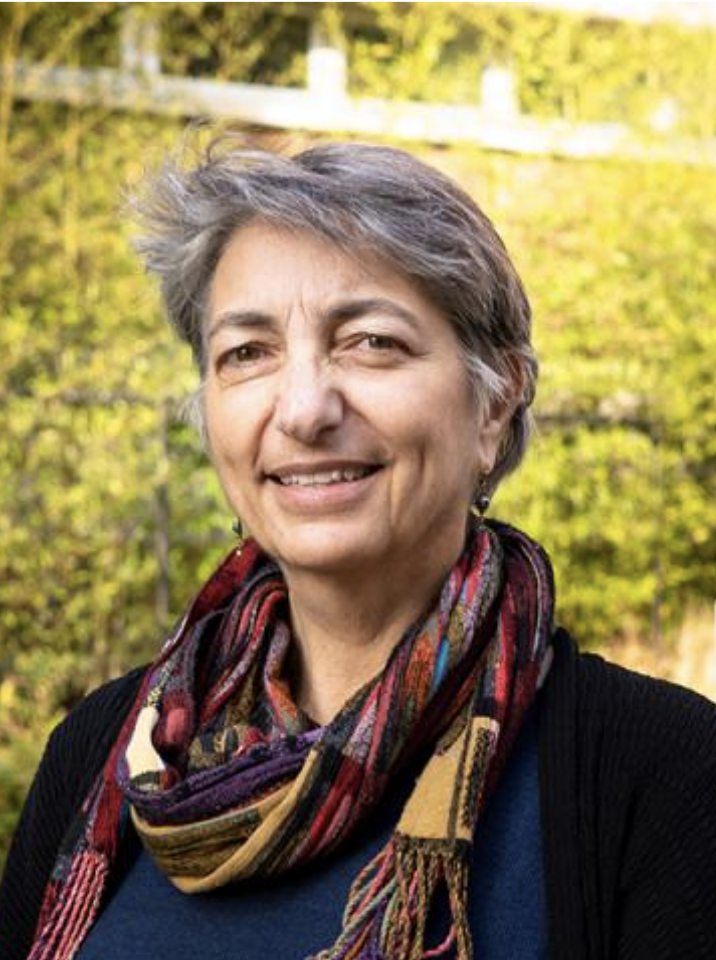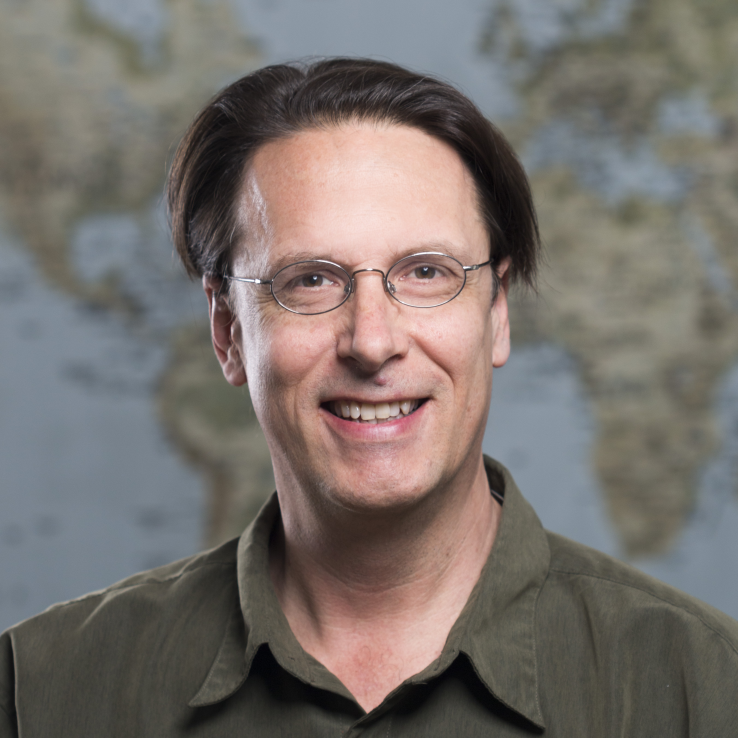
War is not a distant political issue, or a series of battles fought on foreign soil; it is a complex public health crisis with far-reaching implications for communities worldwide. Amy Hagopian, Professor Emeritus within the University of Washington’s School of Public Health and dedicated advocate and scholar for peace and public health, underscores the profound ways in which war impacts public health and well-being. “People don’t really understand the many, many, many ways in which war undermines public health,” she notes.
“It’s not just the people who get shot on the battlefield or who are under the bombs; it’s the long-lasting effects of non-communicable diseases, intergenerational trauma, mental health, and the ways families and demography change.”
Amy Hagopian
The ramifications of war extend far beyond the battlefield, permeating the fabric of society and shaping health outcomes at a local level in profound ways. Even though a country may not have conflict take place on its own soil, there are many negative outcomes that stem from conflict for which local public health professionals must find solutions. “So many of the suicides that are happening now are tied to combat, and more and a large proportion of domestic violence cases are attributed to combat violence exposure, ” explains Hagopian, “These are shocking findings, and public health departments deal with these issues, yet they so often they ignore the role of war.”
In academia, opportunities to fund research on conflict are few and discussions on war can be met with reluctance. Because of this, Hagopian created the War and Public Health class to explore the effects of war on environmental and psychosocial health, and infectious and chronic diseases. The course, which she co-taught with Dr. Evan Kanter for nine years also focuses on how war harms vulnerable populations, like women, children, and refugees. Students select a specific study war or conflict on which to focus their learning. “It took us some years to work up the courage to talk about Palestine,” Hagopian noted. “There are so many ways to be punished for talking about that, but we did bring it into the classroom these past few years, and students were engaged and receptive, and we received little pushback.”

Though the class has been on pause this academic year, James Pfeiffer, another Professor, and advocate for peace, hopes to continue the class next year. As an educator in the Department of Health Systems and Population Health and the Department of Global Health, Pfeiffer is committed to integrating discussions on war and conflict into the curriculum. He echoed Hagopian’s sentiments, emphasizing the need for greater awareness and action stating, “War and public health is a hugely important part of the field of Global Health and it hasn’t been given nearly enough airtime and we’ve had a huge gap in our curriculum.” Pfeiffer highlighted the importance of framing public health and global health to encompass the broader socio-political context, acknowledging:
“Public health includes discussing social and political issues that lead to health inequalities.”
James Pfeiffer
As Pfeiffer continues the class, he plans to maintain a discourse grounded in facts, evidence, and critical analysis centered on policy and public health consequences. “The public health repercussions of conflict are almost always the fault of external forces, not of the community members where the conflict takes place. For example, in post conflict rebuilding, issues involving international debt often prevent investment in health system rebuilding. Too many international NGOs often get the money in rebuilding situations and not enough goes to local institutions. It is a huge issue that we don’t discuss enough,” said Pfeiffer.
Through open dialogue, rigorous academic inquiry, and a commitment to social justice, Hagopian and Pfeiffer hope to continue creating a more holistic understanding of the public health challenges that arise from war so that students are prepared to find solutions to these issues. As Hagopian aptly concluded, “I think every public health professional should be actively aware of military conflicts in the world, especially the ones in which our own country is involved, which is pretty much all of them. We should all be thinking about ways of raising public health voices to prevent harm.”